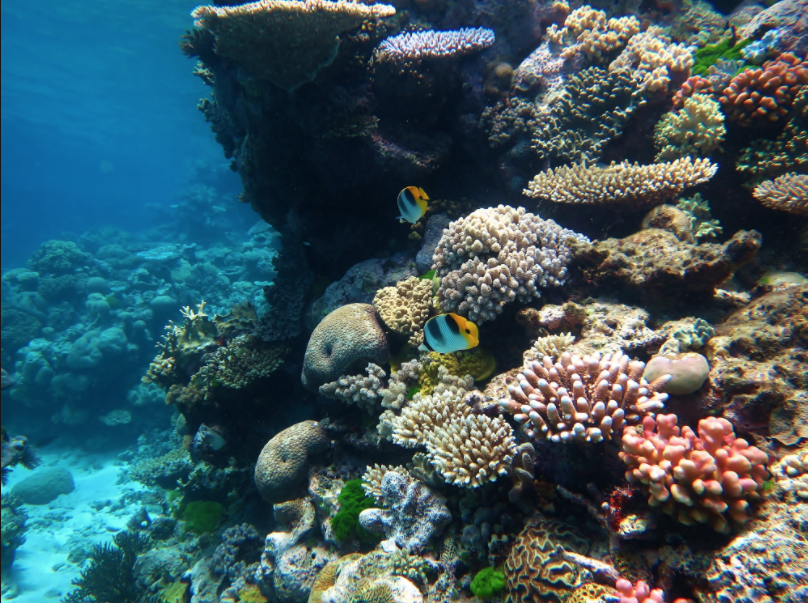
By Michelle Lyles
Staff Writer
“True or False: Global temperatures declined from the 1940s through the 1960s?” was the first question Dr. James Hunt asked at his Colloquium presentation on Nov. 8.
It is no surprise that climate change is affecting our planet, but what Hunt says about the recent changes in global temperatures is the surprise of “how fast things are moving.” Climate change is something that can only be explained with “facts, data, and research,” Hunt said.
Beers Lecture Hall was at full capacity with students, faculty and community members all present to hear what Hunt had to say about the drastic matter of climate change.
Hunt provided a lot of diagrams in his lecture, explaining how he felt it would be easier “to show rather than tell.” There were a lot of statistics regarding CO2 and other chemicals that are being released in our oceans.
One example is C14. C14 is a radioactive isotope of carbon. In small doses C14 is not too harmful for the environment but Hunt mentions, “In the late 40s to 50s we did a lot of atomic testing which released an abundance in of C14 into the atmosphere.”
Towards the end of his presentation Hunt switched gears a little bit and began to talk about the kinds of animals that are in our ocean. One huge concern is for coral reefs, especially the Great Barrier Reef.
Hunt provided photos of what the reef looked like in the past and compared it to a photo of the current state. The audience immediately gasped with shock over the change.
Hunt not only mentioned that the ocean has become more acidic but also says, “From 2015 to 2016, El Nino caused over 90 percent of the Great Barrier Reef to bleach.”
The photos showed the great difference of the healthy and bleaches reefs over time. On the left there was a healthy reef, the coral a rich brown shade. The right was a little more drastic, the coral was completely white, dying.
Hunt was asked what he would say to those who keep trying to refute the idea of climate change, and responded: “We should stop attacking people for their ideas, and we need to be clear about facts and data.”
“Conversation is not enough, we need to start looking at restoration,” Hunt explained.
Hunt showed the audience a photo of Adelie penguins and said, “forty-thousand of these penguins hatched and only two survived, this is two more than in 2013.”
Hunt concluded his presentation encouraging the audience to keep the conversation going. “Come by my office any time I will discuss any of this with anyone,” Hunt said. “Start with data and facts to have a reasonable conversation.”
This semester’s last Provost’s Colloquium will be held on Nov. 29 in Beers Lecture Hall at 5:30 p.m
Email Michelle at:
mlyles@live.esu.edu

